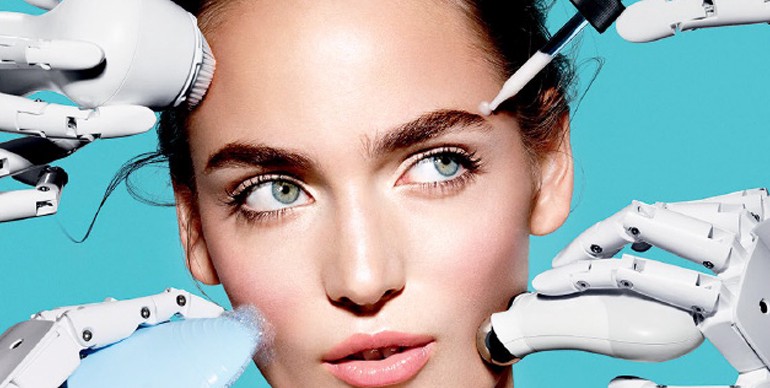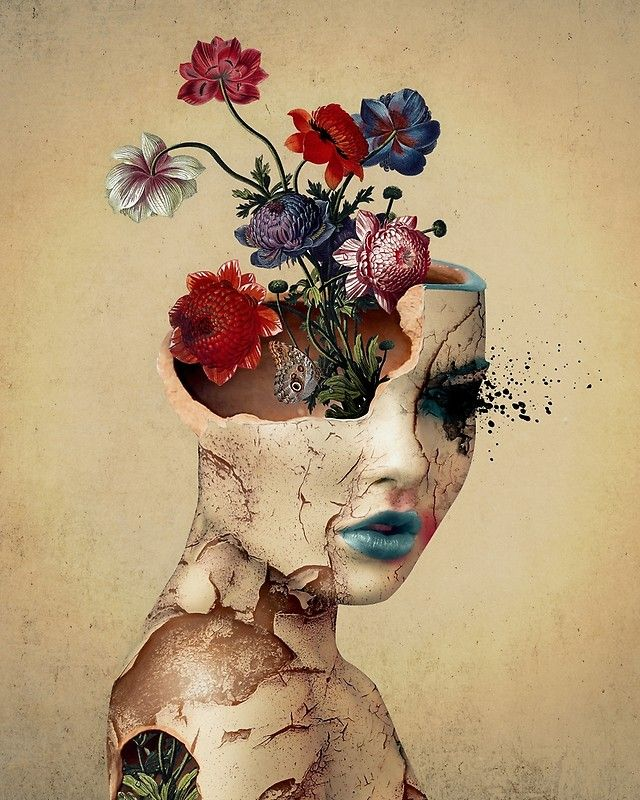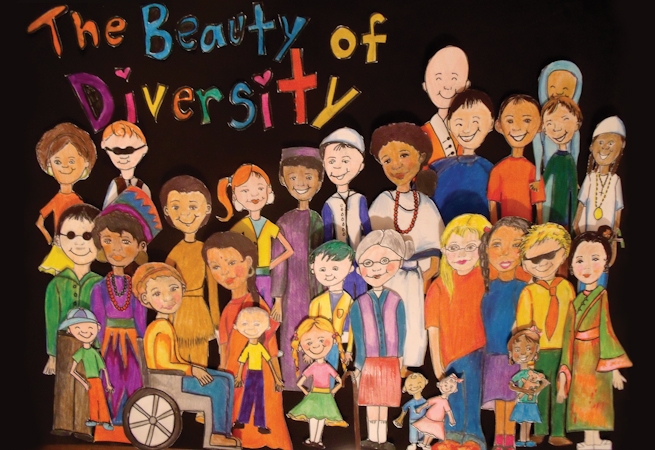Technology has played an increasingly significant role in the beauty industry, transforming the way we approach beauty and enhancing the consumer experience. From virtual try-ons to personalized skincare, technology has allowed for greater customization and convenience. However, as technology continues to evolve, it is essential to understand the future possibilities and implications of beauty technology. In this article, we will explore the current state of beauty technology, innovations, sustainability, ethical and social implications, and potential future possibilities.
Current Beauty Technology
Current beauty technologies include augmented reality, artificial intelligence, and 3D printing. These technologies have transformed the beauty industry, providing consumers with personalized recommendations and the ability to visualize and try on makeup virtually. They also allow for greater precision and customization in skincare products, with AI algorithms able to analyze individual skin types and recommend personalized routines.
However, there are limitations to current beauty technology, including cost, accessibility, and accuracy. While many beauty companies have embraced technology, some consumers may not have access to these technologies, limiting their ability to benefit from these innovations.
Innovations in Beauty Technology
Emerging technologies in the beauty industry include bioprinting, personalized skincare, and machine learning algorithms. Bioprinting, for example, involves using 3D printing technology to create skin tissue, allowing for more accurate and ethical testing of cosmetic products. Personalized skincare involves using AI to analyze individual skin types and provide personalized skincare routines.
The potential benefits of these technologies are significant, including more efficient and ethical testing of cosmetic products, greater customization in skincare, and the ability to diagnose and treat skin conditions more accurately. However, the implementation of these technologies also presents challenges, such as cost, safety, and accessibility.
Sustainability in Beauty Technology
Sustainability is becoming increasingly important in the beauty industry, and innovative technologies can help promote more sustainable practices. Biodegradable packaging and recycling solutions, for example, can help reduce waste in the beauty industry. Additionally, sustainable sourcing practices, such as using renewable resources and reducing energy consumption, can help reduce the environmental impact of cosmetic production.
Ethical and Social Implications of Beauty Technology
The development and use of beauty technology also raise ethical and social implications. These technologies can perpetuate beauty standards and contribute to unrealistic beauty expectations. Additionally, the use of AI algorithms in skincare analysis raises concerns about data privacy and the potential misuse of personal information.
It is essential to ensure the responsible development and use of beauty technology and to promote inclusivity and diversity in the industry. This includes promoting diversity in algorithms and avoiding perpetuating harmful beauty standards.
Consumer Experience and Future Possibilities
Technology has already transformed the consumer experience in the beauty industry, and there are many potential future possibilities. Virtual makeup try-ons, for example, could become even more advanced, allowing consumers to try on a wider range of products virtually. Personalized recommendations could become even more precise, with AI algorithms able to analyze individual preferences and make recommendations based on more than just skin type.
However, these possibilities also raise concerns about data privacy and the potential for technology to perpetuate unrealistic beauty standards.
Conclusion
Technology is rapidly transforming the beauty industry, with many innovations and possibilities on the horizon. While these technologies present exciting opportunities, it is essential to understand their limitations, challenges, and ethical implications. It is up to the industry and consumers to ensure the responsible development and use of beauty technology and to promote inclusivity and sustainability. With a thoughtful and responsible approach, beauty technology has the potential to transform the industry and enhance the consumer experience.





